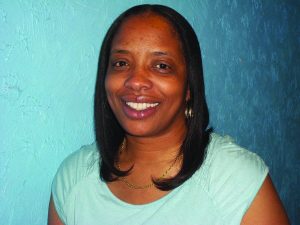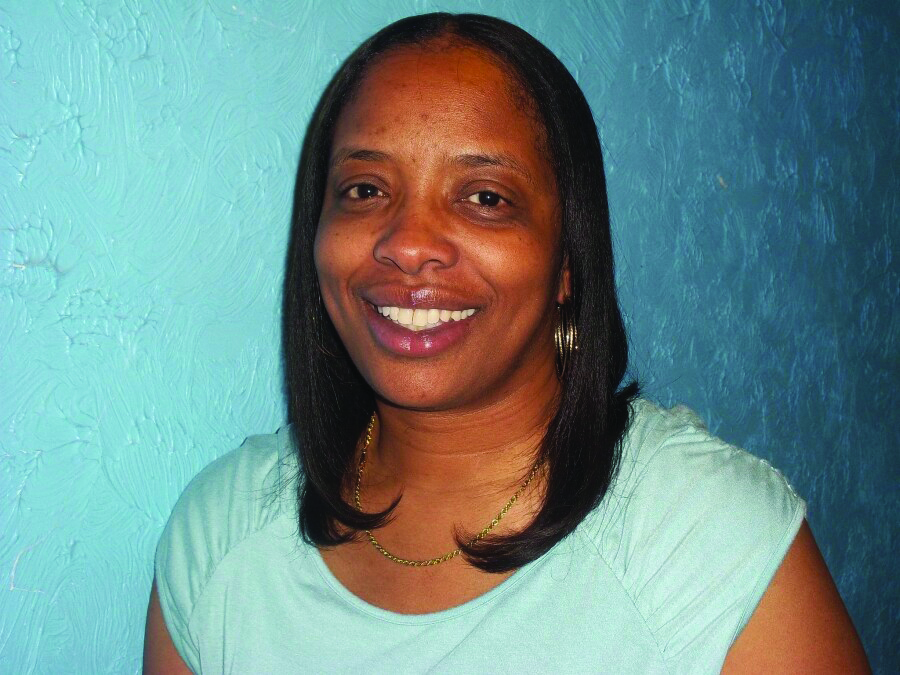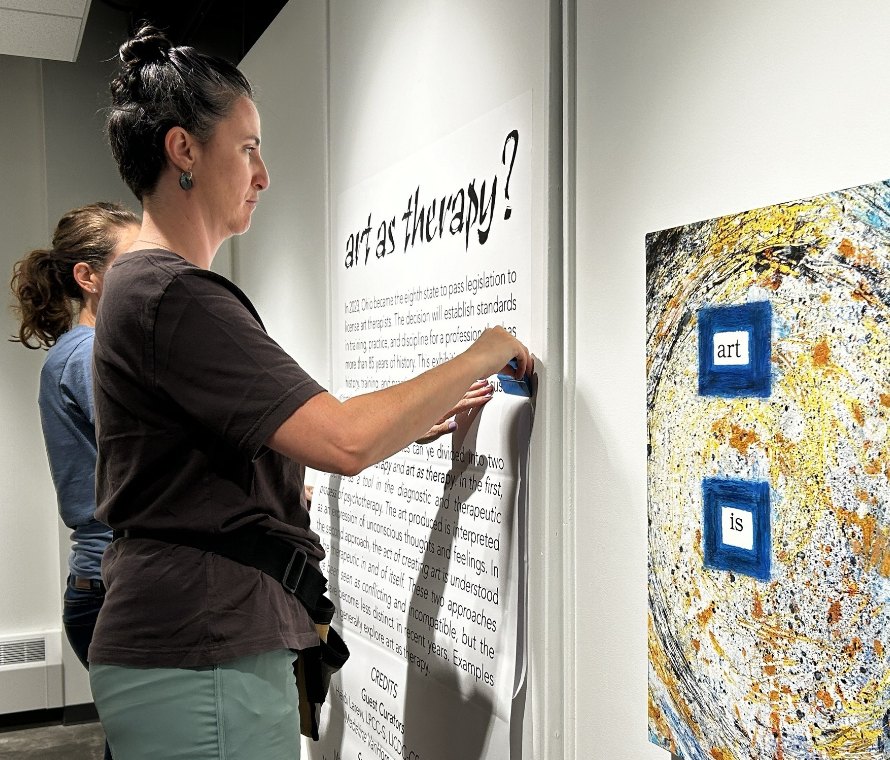Tragic tales of injustice
February 3, 2016
Professor Marge Koosed of the UA School of Law hosted a panel to discuss race and the death penalty this past Tuesday. The event, titled “The Death Lottery: How Race Impacts the Ohio Death Penalty,” featured four speakers who have firsthand experience with the issue.
A modest crowd attended the noontime discussion, which was held in the Student Union Theater. Koosed opened the event with Ohio capital punishment statistics, including the fact that 57 percent of Ohio’s death row inmates are minorities — while only 12 percent of Ohio’s population are minorities.
Then she turned the podium over to the afternoon’s speakers.
The first speaker was Judge Stephen McIntosh, a former member of an Ohio task force asked to recommend changes to state death penalty laws — recommendations that included legislation that would prevent seriously mentally ill people from being executed.
Other recommended pieces of legislation would require absolute certainty that the defendant committed the crime before he or she could be condemned. McIntosh expressed frustration that people, especially people of color, are sentenced to death with little evidence. “You would be surprised to see how many people are on death row because of a single eyewitness or… a jailhouse snitch,” he said.
After that, the podium was passed to Jack Sullivan, Jr., an ordained minister and executive director of Murder Victims’ Families for Reconciliation. Sullivan discussed the mission of his organization, which is primarily to abolish the death penalty.
Sullivan also recounted the tragic story of his younger sister Rebecca, who was murdered in Cleveland at the age of 21. He also spoke of the “Imperial 11,” eleven African-American women who were kidnapped and killed in an Imperial Avenue duplex in Cleveland.
He expressed disgust with the legal system’s response to both crimes, alleging that certain law enforcement personnel lack effort when investigating crimes involving African-Americans. “There’s a thread of indifference at best, and a thread of lack of concern at worst,” he said.
He stressed that he wants to see the killers captured, but not executed.
Next, Kwame Ajamu was invited up to the podium. Last year, Ajamu was exonerated for a 1975 murder that he did not commit.
The only witness for the case was a 12-year-old boy who recently admitted that law enforcement pressured him to falsely identify the murderers. “Not only did they fabricate the case, but they actually wrote my part into the story weeks later,” Ajamu said.
For almost 25 minutes he told his tragic story, frequently pausing to dry his eyes with a handkerchief. He was arrested while playing basketball, assigned an apathetic defense attorney, and sentenced to death row.
“They came into an all-black neighborhood and left with three of its occupants,” he said. “We wouldn’t be back for 40 years. So many moments in life. Seventeen years in prison. Now, all of the seniors are gone. I’m a senior. My brother is a senior.”
In his freedom, he stands as a staunch opponent of capital punishment. “If I could go back, man, I would do it all again,” he said. “Just to stand as I do today and represent the eradication of this evil.”
After Ajamu’s emotional presentation, Abraham J. Bonowitz pointed to relevant resources and websites, including www.otse.org. He encouraged the audience to join the fight against wrongful convictions and racial injustice in Ohio.











